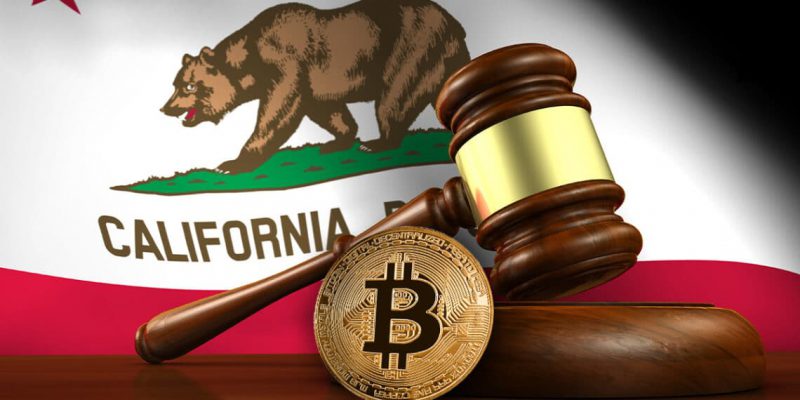The state of California is considering using blockchain technology to increase efficiency and lower costs. According to the Bank of America, the California Department of Motor Vehicles (DMV) tokenization project is one example, in which the state is leading novel technology adoption.
The department intends to completely overhaul its vehicle title and transfer management system. To do so, it plans to tokenize more than 14 million vehicles registered in the state. The department will issue non-fungible tokens (NFTs) for vehicle titles. Moreover, ownership information will be available on a private version of the Tezos blockchain.
According to analyst Alkesh Shah and Andrew Moss, “tokenization of vehicle titles could also enable fractionalized vehicle ownership.” Furthermore, It can enhance liquidity on vehicle marketplaces and enable holders to pledge vehicle-title NFTs as security in the real world or using decentralized finance (DeFi) protocols.
California is a technological hub therefore it is not surprising that the state wants to utilize blockchain technology within government bodies. The California Department of Food and Agriculture is also considering using blockchain technology to increase efficiency.
What advantages does California have in adopting blockchain tech?
According to Bank of America, the project may reduce the time it takes to issue and transfer a vehicle title from weeks to just a few seconds. Additionally, it will enable smart-contract-enabled escrow accounts, which will enable safer ownership transfer. It will also lessen fraud and promote automation to cut expenses.
According to the report, the project is a starting point with room for future growth. This includes allowing vehicle-licensing authorities from other states to join the network. This way, they can make use of the same efficiency. The project may also allow the use of stablecoins as the payment leg for “atomic title transfers.” Furthermore, it may allow repairs to be recorded within the NFT.
In addition to California, the bank noted that other federal and state authorities are considering blockchain-based solutions. These organizations include the Department of Homeland Security, and the Federal Emergency Management Agency (FEMA).





